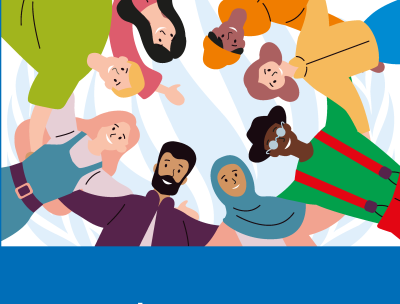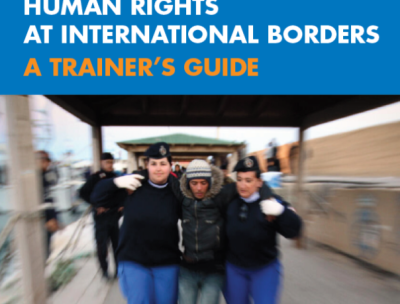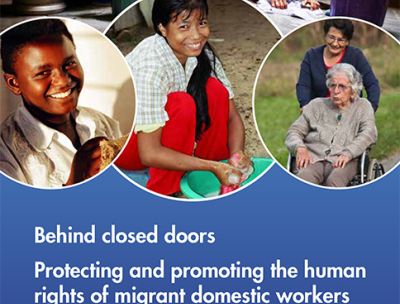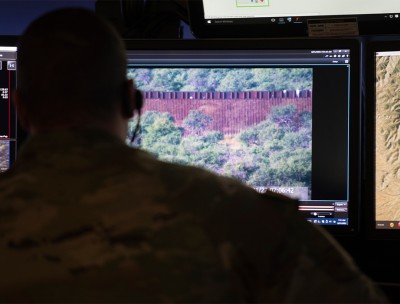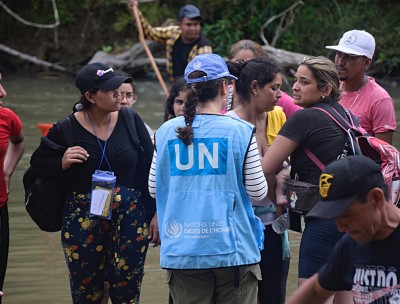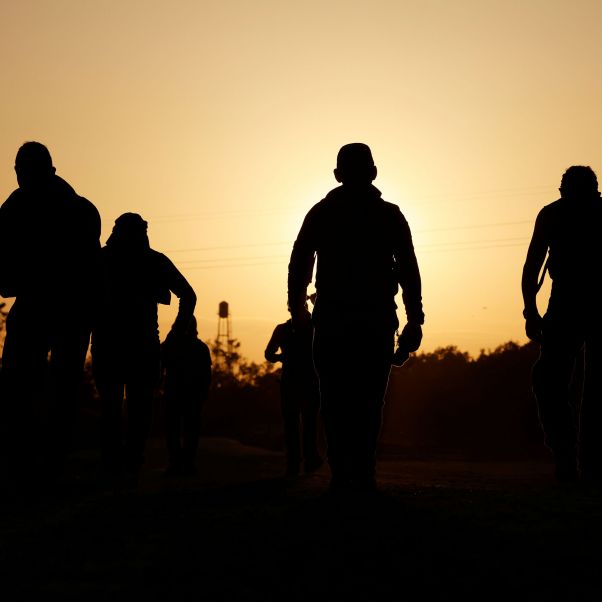
About
Migrants in irregular situations, internally displaced persons, stateless individuals who lack a nationality – can all be disproportionately vulnerable to discrimination and exploitation. They often live and work in the shadows, afraid to complain, and are denied their human rights and fundamental freedoms.
Violations of civil and political rights against migrants include arbitrary detention, torture, or a lack of due process. Violations of economic, social and cultural rights impact the rights to health, housing and education. The denial of migrants’ rights is often closely linked to discriminatory laws and deep-seated attitudes of prejudice or xenophobia.
Learn more about migration and internally-displaced people. See international standards on migration.
Our work
UN Human Rights works to promote, protect and fulfil the human rights of all migrants, with a particular focus on those in vulnerable situations. We promote a human rights-based approach that places the migrant at the centre of migration policies and governance, and seeks to ensure that they are included in all relevant national action plans and strategies.
We also provide technical advice on nationality laws, policies and practices so they are aligned with international human rights standards. In particular, we advocate for reform of nationality laws that discriminate against women and impact the rights of their children and spouses.
UN Human Rights also works closely with the UN Refugee Agency (UNHCR) and the International Organisation for Migration (OIM) on this issue.
More about our work on migration and human rights and the right to a nationality
Current focus
Who else is involved
Special Rapporteur on the human rights of migrants
The mandate was created in 1999 by the Commission on Human Rights to examine ways and means to overcome the obstacles existing to the full and effective protection of the human rights of all migrants at all stages of migration. The Special Rapporteur also makes recommendations on strengthening the promotion, protection and implementation of the human rights of all migrants.
The Committee on the Protection of the Rights of All Migrant Workers and Members of their Families (CMW)
The CMW is a body of independent experts that monitors States’ implementation of the International Convention on the Protection of the Rights of All Migrant Workers and Members of Their Families. It held its first session in March 2004.
Special Rapporteur on the human rights of internally displaced persons
The first Special Rapporteur on the human rights of internally displaced persons was appointed in 2010 by the United Nations Human Rights Council. The mandate works to address internal displacement, strengthen the international response to the problem, and engage in coordinated international advocacy and action.
